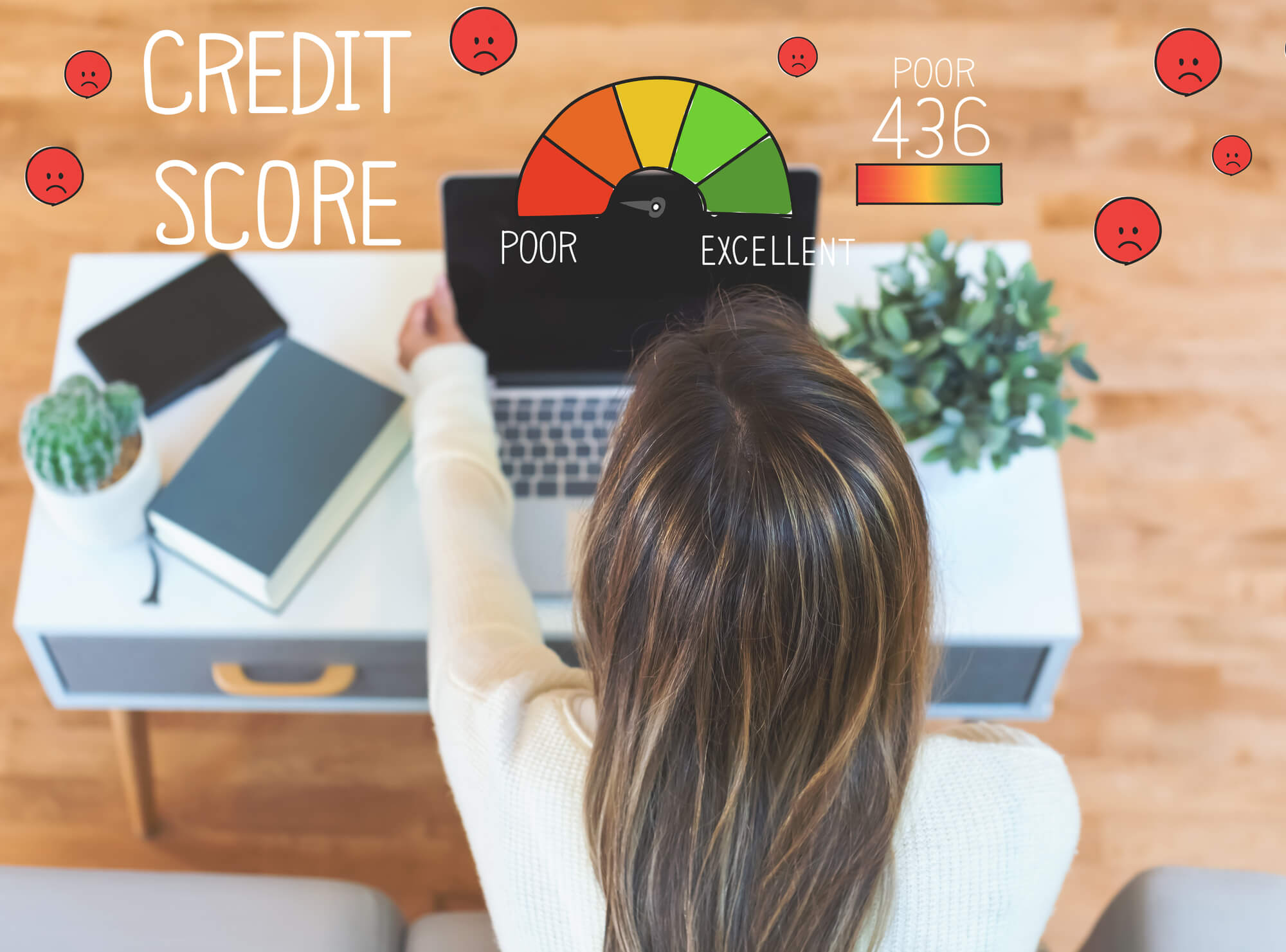When it comes to your home-buying journey, one of the most critical factors that affect your ability to secure a mortgage is your credit score. If you’re considering applying for a conventional loan, it’s vital for you to understand how your credit score affects your mortgage. In this blog post, we will explore how conventional loan credit score affect your mortgage. From knowing what a conventional loan is to what steps to take to improve your credit scores, it’s important that you learn all these before starting your application.
What is a Conventional Loan?
For starters, conventional loans are offered by private lenders such as banks, credit unions, and mortgage companies. These loans generally require higher credit scores than government-backed loans like FHA or VA loans.
Credit Score Requirements for Conventional Loans
The set of requirements varies for each lender when it comes to credit scores for conventional loans. However, in general, most lenders require you to have a credit score of at least 620 to qualify for a conventional loan. Moreover, if you want to receive the best interest rates and terms, you’ll need a credit score of 760 or higher.
Impact of Credit Scores on Interest Rates
Your credit score has a direct impact on the interest rate you will receive on a conventional loan. The higher your credit score, the lower the interest rate you’ll receive. For example, if you have a credit score of 760 or higher, you might qualify for an interest rate of 3.5%. However, if your credit score is 620, you might only qualify for an interest rate of 5.5%. Over the life of a 30-year mortgage, the difference in interest rates can add up to tens of thousands of dollars.
Credit Scores and Loan Amounts
Your credit score also plays a role in the amount of money you can borrow for a conventional loan. Lenders use a formula called the debt-to-income (DTI) ratio to determine how much you can afford to borrow. The DTI ratio compares your monthly debt payments to your monthly income.
How to Improve Your Credit Score
If your credit score is no’t where it needs to be to qualify for a conventional loan, there are steps you can take to improve it. Here are the things that you could do to improve your credit score:
- Gradually pay your debts
- Always make payments on time and dont miss it
- Dispute any errors on your credit report
- Avoid applying for new credit cards or loans since each application can temporarily lower your credit score.
Conclusion
Your credit score plays a significant role in your ability to secure a conventional loan and the interest rate you will receive. By understanding the impact of your credit score on your mortgage, you can take steps to improve your credit score and increase your chances of getting approved for the loan you need to buy your dream home. With the right financial planning and a little effort, you can achieve your homeownership goals and build a strong financial future. Need help regarding conventional loans? Don’t hesitate to contact us at Mann Mortgage.

